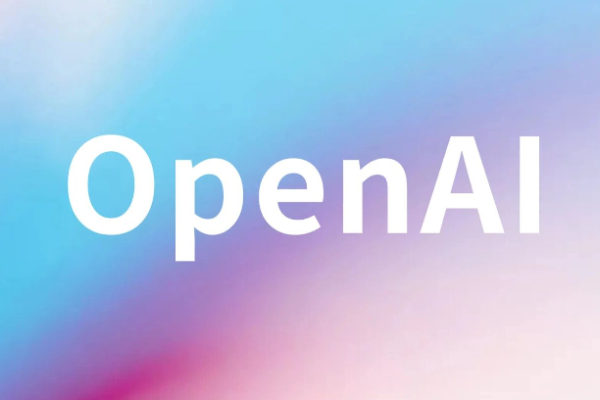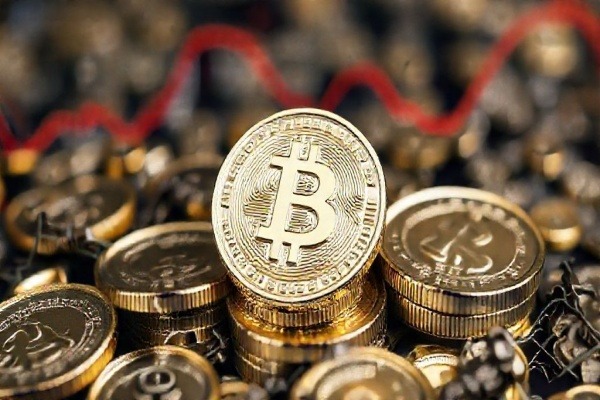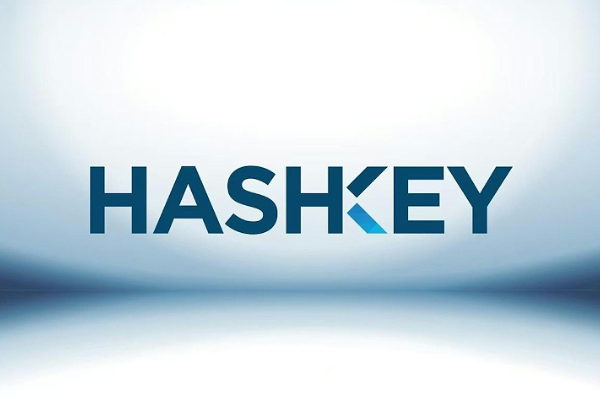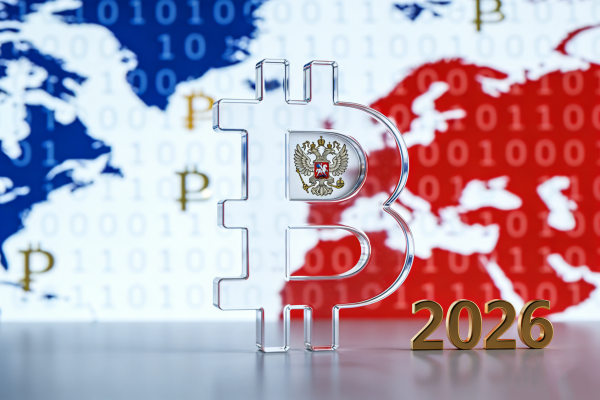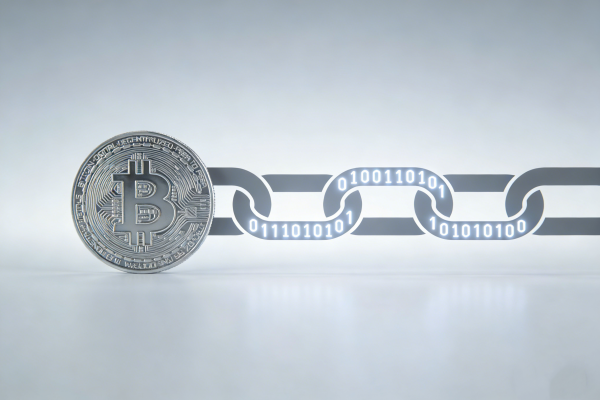What makes Bitcoin a new type of currency?
Bitcoin is global. You can send it to the other side of the planet just as easily as you would pay with cash in the real world. It does not close on weekends, does not charge any fees, and does not impose any restrictions.
Bitcoin is irreversible. Bitcoin is like cash in the sense that the sender cannot reverse the transaction. In contrast, credit cards, traditional online payment systems, and bank transactions can be reversed after a payment has been made (sometimes months after the initial transaction) due to the centralized intermediaries that complete the transaction. This creates a higher risk of fraud for merchants, which can result in higher fees for using credit cards.
Bitcoin is private. When paying with Bitcoin, there is no need for bank statements or unnecessary personal information to be provided to merchants. Bitcoin transactions contain no identifying information other than the Bitcoin address and amount involved.
Bitcoin is secure . Due to the encrypted nature of the Bitcoin network, Bitcoin payments are fundamentally more secure than standard debit/credit card transactions. When making a Bitcoin payment, no sensitive information needs to be sent over the Internet. The risk of your financial information being compromised or your identity being stolen is very low.
Bitcoin is open . Every transaction on the Bitcoin network is published publicly, without exception. This means there is no room to manipulate transactions (except in the extremely unlikely case of a 51% attack) or change the supply of Bitcoin. The software that makes up the core of Bitcoin is free and open source, so anyone can review the code.
Bitcoin is secure . The Bitcoin network has never been successfully hacked in more than a decade. Because the system is permissionless and open source, countless computer scientists and cryptographers have been able to examine every aspect of the network and its security.


